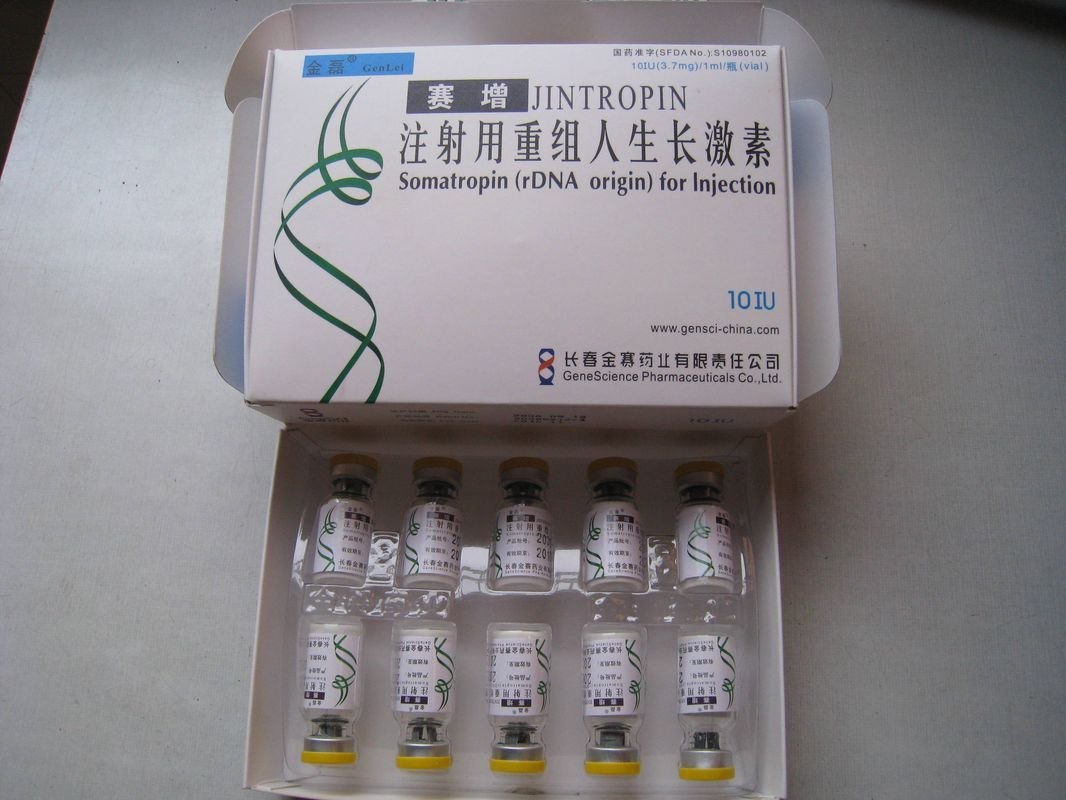Dental implants are a popular solution for replacing missing or damaged teeth, offering a durable and natural-looking alternative to traditional dentures or bridges. If you’re considering dental implants Toronto, it’s essential to understand what to expect throughout the process to ensure a smooth and successful experience. This comprehensive guide will walk you through the key stages of getting dental implants, from initial consultation to post-procedure care.
1. Initial Consultation and Evaluation
The journey to dental implants Toronto begins with a thorough initial consultation and evaluation. This step is crucial for determining if you are a suitable candidate for implants and for planning the treatment.
- Assessment of Oral Health: During the consultation, your dentist will assess your oral health, including the condition of your gums, teeth, and jawbone. This evaluation is essential to ensure that you have a healthy foundation for the dental implants. If there are any existing dental issues, such as gum disease or insufficient bone density, they will need to be addressed before proceeding with the implant procedure.
- Imaging and Diagnostics: Advanced imaging techniques, such as X-rays or 3D scans, are often used to create detailed images of your jawbone and surrounding structures. This imaging helps the dentist plan the precise placement of the implants and evaluate the available bone structure. The diagnostics will guide the development of a customized treatment plan tailored to your specific needs.
- Discussion of Options: Your dentist will discuss the various options for dental implants, including the type of implant and the materials used. They will also explain the procedure, potential risks, and expected outcomes, allowing you to make an informed decision about proceeding with the treatment.
2. The Dental Implant Procedure
Once you’ve decided to move forward with dental implants in Toronto, the next step is the implant procedure itself. Understanding what to expect during this stage can help alleviate any concerns and prepare you for the process.
- Placement of the Implants: The dental implant procedure typically involves the placement of titanium posts into the jawbone. This is done under local anesthesia to ensure you are comfortable and pain-free during the procedure. The titanium posts serve as artificial tooth roots and provide a stable foundation for the replacement teeth.
- Healing and Osseointegration: After the implants are placed, a healing period is required for the implants to integrate with the jawbone through a process called osseointegration. This process can take several months, during which the implants fuse with the bone to create a secure and lasting foundation. Your dentist will monitor your progress and ensure that the healing process is proceeding as expected.
- Temporary Solutions: In some cases, temporary replacement teeth may be provided during the healing period to ensure you can eat and speak comfortably while waiting for the final restorations. These temporary solutions are designed to be functional and aesthetically pleasing until the permanent teeth are ready.
3. Placement of the Permanent Restorations
Once the healing period is complete, the next phase of dental implants Toronto involves placing the permanent restorations. This stage is where you’ll see the final results of your implant treatment.
- Attaching the Abutments: Before placing the final crowns, abutments are attached to the dental implants. Abutments are small connectors that hold the replacement teeth in place and are custom-made to fit each implant. The placement of abutments is typically a straightforward procedure, and your dentist will ensure that they are securely attached.
- Custom Fabrication of Crowns: Your dentist will take impressions of your mouth to create custom crowns that match the size, shape, and color of your natural teeth. These crowns are designed to blend seamlessly with your existing teeth and provide a natural appearance. The custom crowns are then carefully attached to the abutments, completing the restoration process.
- Final Adjustments: After the permanent restorations are placed, your dentist will make any necessary adjustments to ensure a comfortable fit and proper alignment. They will also check your bite and make sure that the new teeth function correctly.
4. Post-Procedure Care and Maintenance
Proper care and maintenance are crucial for the long-term success of dental implants. After receiving your dental implants in Toronto, following these guidelines will help ensure that your implants remain healthy and functional.
- Oral Hygiene Practices: Maintaining excellent oral hygiene is essential for the health of your dental implants. Brush your teeth at least twice a day with a soft-bristled toothbrush and fluoride toothpaste. Floss daily to remove plaque and food particles from between your teeth and along the gumline. Regular dental check-ups and cleanings are also important for monitoring the health of your implants and surrounding tissues.
- Avoiding Hard Foods: To prevent damage to your dental implants and restorations, avoid chewing on hard or sticky foods. While dental implants are designed to be durable, excessive force or pressure can cause complications. Follow your dentist’s recommendations regarding dietary restrictions and avoid habits that may negatively impact your implants.
- Monitoring and Follow-Up: Regular follow-up visits to your dentist are important for monitoring the condition of your dental implants and ensuring that they are functioning properly. Your dentist will assess the health of your implants, make any necessary adjustments, and provide guidance on ongoing care.
5. Potential Risks and Complications
While dental implants are generally a safe and effective treatment, it’s important to be aware of potential risks and complications. Understanding these risks can help you make informed decisions and take preventive measures.
- Infection: As with any surgical procedure, there is a risk of infection at the implant site. Your dentist will provide you with instructions on how to care for the area and may prescribe antibiotics to minimize the risk of infection.
- Implant Failure: In rare cases, dental implants may fail to integrate with the jawbone or become loose over time. This can be due to factors such as inadequate bone density, poor oral hygiene, or excessive stress on the implants. Regular monitoring and proper care can help reduce the risk of implant failure.
- Gum Recession: In some cases, the gum tissue around the implants may recede, exposing the implant or causing aesthetic concerns. Your dentist will monitor your gum health and provide recommendations to address any issues related to gum recession.
Conclusion
Dental implants Toronto offer a transformative solution for replacing missing or damaged teeth, providing natural-looking, durable, and functional results. By understanding what to expect throughout the process—from the initial consultation and procedure to post-care and potential risks—you can make informed decisions and ensure a successful outcome.
If you’re considering dental implants, consult with a qualified dental professional in Toronto to discuss your options and develop a personalized treatment plan. With the right care and expertise, dental implants can enhance your smile, restore your confidence, and improve your overall quality of life.











